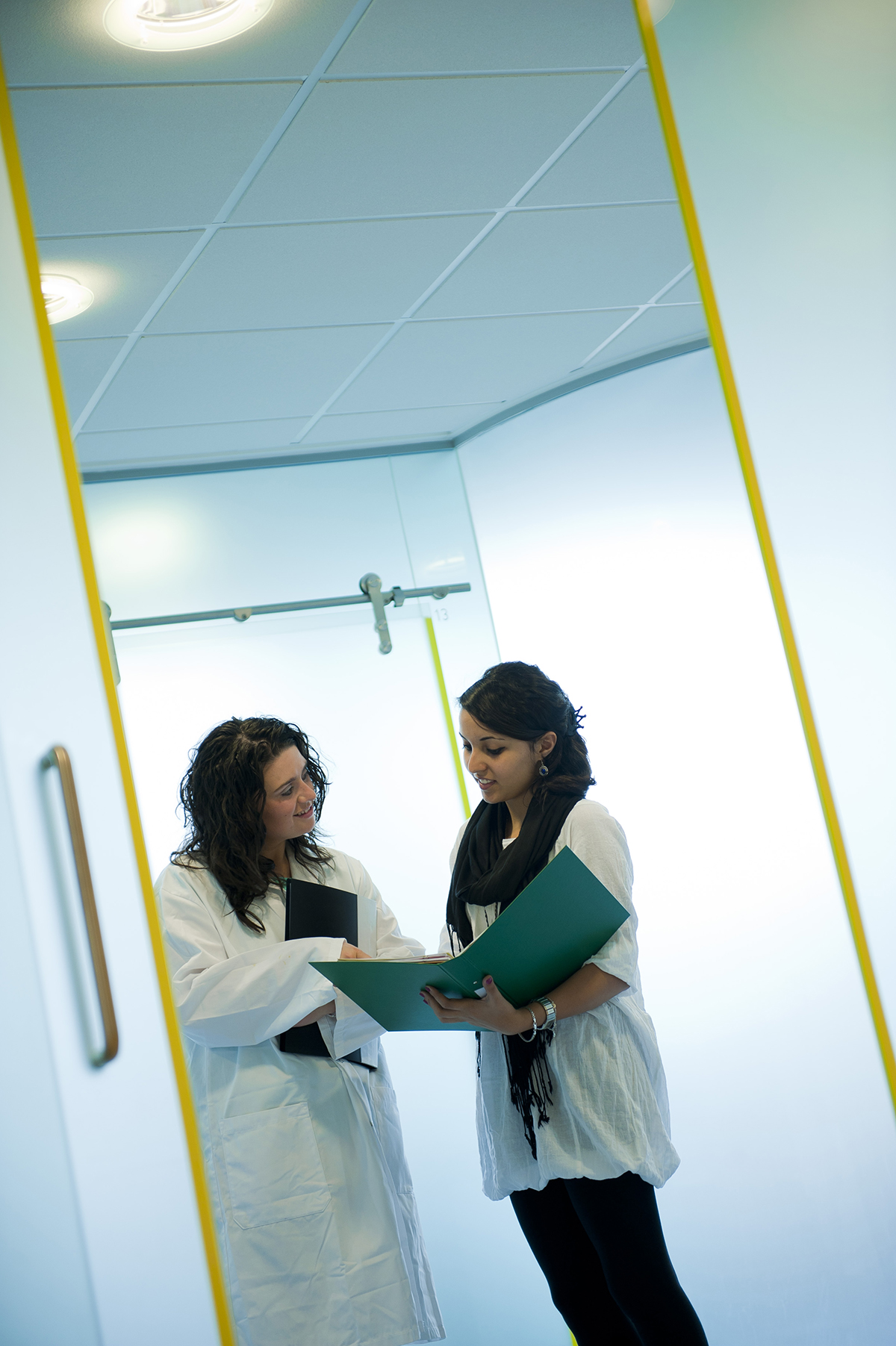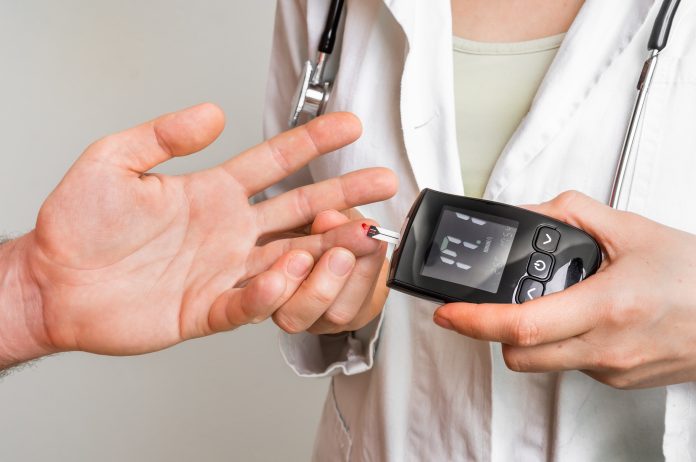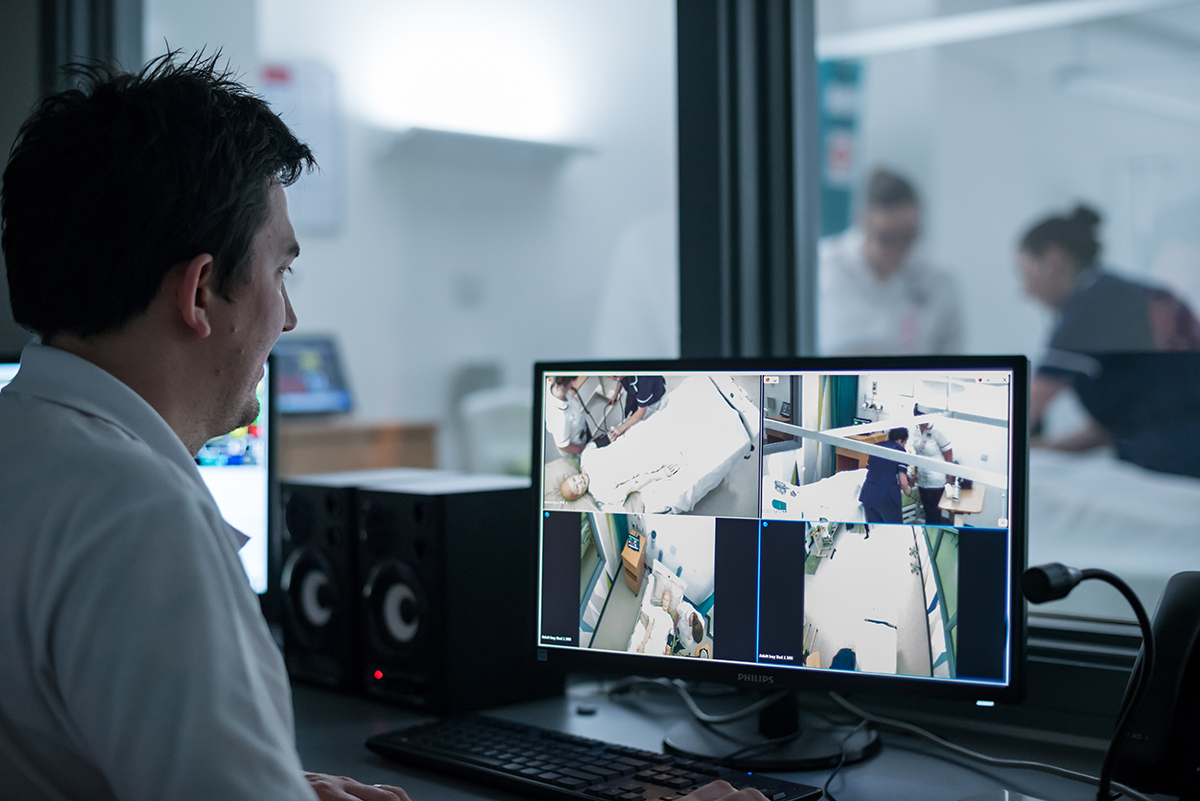The University of Salford’s Diabetes Care education programmes are designed to address and meet the need for specialist care in the UK and internationally
The UK is facing a significant increase in the number of people with diabetes, with more than 700 new cases diagnosed each day. By 2030, the World Health Organization predicts diabetes will be the seventh leading cause of death globally, with the majority occurring in low- and middle-income countries.
For health professionals in the field of diabetes, it involves the challenge of navigating through the confusing landscape of diets in type 2, keeping up to date with the exponential growth of technology-enhanced care within type 1 and type 2 diabetes, and the armamentarium of treatment options in Type 2.
The national audit done yearly clearly shows the gap in diabetes knowledge and care. It maintains that the access of care by the marginalised groups remains low, and highlights a gap in the knowledge of health care professionals whilst supporting patients in their technology use to self-manage their condition.
Healthcare research has revealed a recognised need for specialist diabetes care both in the UK and internationally.
Diabetes Care education at the University of Salford:
- Level 6 and Level 7 education in diabetes care that addresses the gaps highlighted above. Combining simulated clinical learning and classroom-based seminars and discussion, delivered by a network of local and global experts in their field, this programme produces highly skilled health professionals in the specialism of diabetes management, enabling graduates to tackle this critical non-communicable disease and to excel in their healthcare career.
- Dedicated modules that spotlight the uses and advances in social prescribing as the emerging trend in diabetes care. Alongside this, the care of the marginalised as well as harnessing technology (Artificial Intelligence and robotics) for self-management support in diabetes care are the key and unique tenets of the programme.
- Facilitated across disciplines of health, podiatry, exercise and nutrition. The students have the potential to advance their learning with cutting edge research in these areas.
- Designed for professionals across a range of healthcare sectors, to develop the skills required to understand and manage people with diabetes, enabling them to achieve optimal self-management and psychological wellbeing.
Mode of delivery & pathways
- The flexibility of the postgraduate programme offers the option of tailoring learning to suit individual career aspirations as well as meet organisational needs.
- You can choose from studying single modules, a PG Certificate, a PG Diploma or the full MSc, with full time and part time study options.
- The Postgraduate Diploma involves four modules, whilst the MSc comprises a research methods module (research skills) and a professional project, in addition to the others.
- The Diabetes Care team is developing a journal club with an intention to work with students to develop high quality assignments into publishable articles for a professional audience.
- The evidence-based programme is aligned with World Health Organization, International Diabetes Federation, Diabetes UK, and Royal College of General Practitioners recommendations.
A team of experts:
Leading expertise from internationally recognised staff will equip you with the skills and knowledge to meet the future diabetes healthcare demand in the UK and beyond.
What our Alumni say:
Fani Mela, owner of Mela Podiatry Clinic, Cyprus, said: “I completed studies in podiatry and trauma and orthopaedics, then continued to the MSc Diabetes Care at University of Salford. In my opinion, in order to be a holistic practitioner, one must understand the pathophysiology of the condition and its complications before treating a patient. The MSc helped me expand my horizons and gain as much knowledge as possible. I worked alongside nutritionists, pharmacologists, nurses and general practitioners; being able to interact with other healthcare professionals has taught me to holistically assess my patient, taking into consideration the importance of each profession’s role. The degree taught me knowledge and how to treat my patients with compassion, love and dignity.”
Hajer Husain said: “Having completed my bachelor’s degree in pharmacy from Kuwait University, I joined the MSc Diabetes Care program at the University of Salford. Witnessing the complications of uncontrolled diabetes as a result of medication misuse and non-compliance focussed my interest in this field, which lead me to choosing to continue my studies here. My goal was to establish a strong foundation of knowledge in diabetes to help me counsel my patients effectively and raise public awareness. This program significantly improved my clinical, communication and research skills, and allowed me to approach cases from different angles. Studying with a multidisciplinary group of students under the care of excellent teachers has helped me greatly in my current role as a hospital pharmacist in an accident and emergency department. My colleagues are confident in approaching me for any help and my patients feel assured that they are receiving optimal care, thanks to my experience at Salford.”
Key benefits:
- Benefit from strong links with the NHS in teaching hospitals and in the community
- Be taught by experts with experience in diabetes management, research and education
- Flexible learning that can fit alongside your other commitments
- Develop your ability to integrate research evidence into all aspects of decision-making
- Evaluate the psychological impact of living with diabetes
- Enhance your education and professional expertise in all core areas of diabetes.
For specific enquiries about diabetes programmes and modules: Contact Dilla Davis: D.Davis4@salford.ac.uk
Please note: This is a commercial profile












